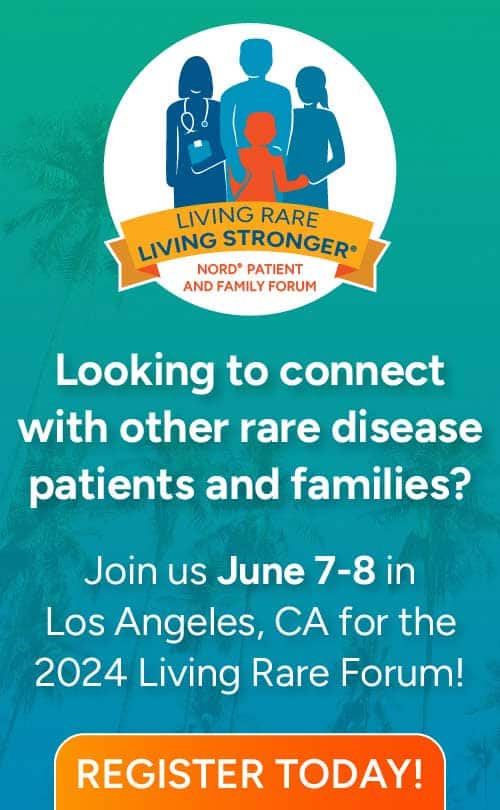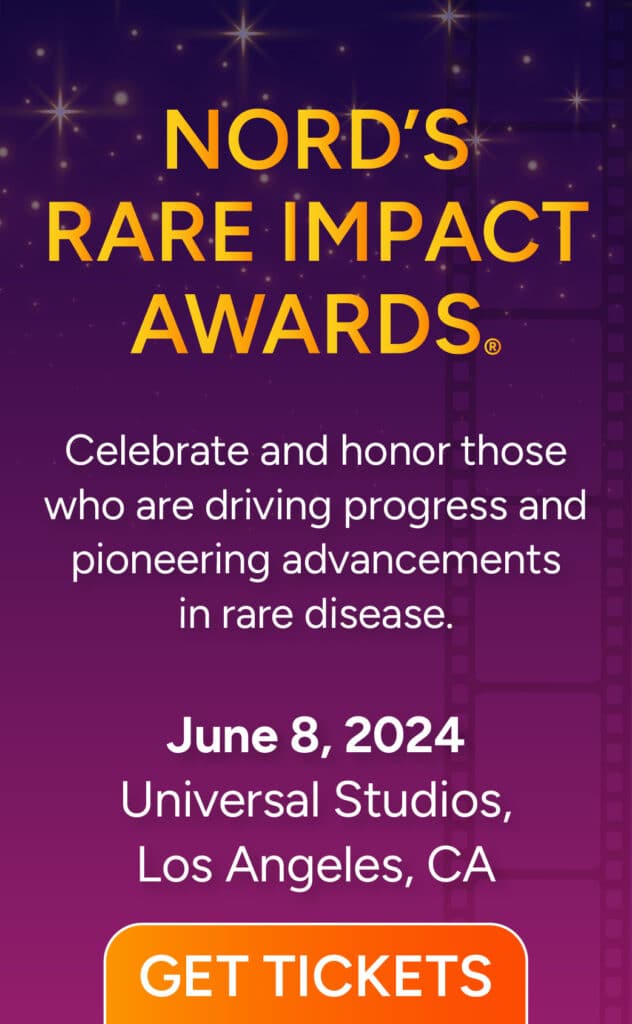As a 2020 scholarship recipient, I was able to attend the NORD Rare Diseases and Orphan Products and Breakthrough Summit in October and to hear from inspiring patients, hard-working medical professionals and research experts. Specifically, I was very drawn to the “Unlocking the Power of Health Care Data” panel, which discussed how data-driven health care is being used to support research, drug discovery and treatment for disease.
Oodaye Shukla of Eversana started off the conversation by discussing the rapid expansion of artificial intelligence and machine learning and how these advancements are dynamically improving the health care system; patients who are in need of care can be found proactively and misdiagnoses can be identified and corrected. It typically takes 6-8 years for a rare disease patient to get a diagnosis; professionals hope to accelerate the process using analytics and predictive signals to create a world where therapies can find patients instead of vice versa.
Moreover, Jane Larkindale of the Critical Path Institute talked about her experiences working on the Rare Diseases Cures Accelerator-Data and Analytics Platform. This initiative aims to cultivate existing data all in one place where it can be standardized and made usable to experts. Researchers would then be able to search by symptom or request de-identified data in order to access this information to answer questions about a disease. They currently have over 150,000 patients’ worth of data and expect this to grow exponentially over the next few years, continuing to collect data on even more diseases. The data and experience from the past can help to inform future trials that can benefit rare disease patients globally.
Another invigorating development in the world of digital health care has been the MitoAction Mobile platform, which was introduced by Kira Mann. It typically takes 8-9 years to reach a diagnosis for mitochondrial conditions, so it may be difficult for a patient to remember all of the details of their medical and health histories. MitoAction Mobile can be used to keep track of the day-to-day with mitochondrial disease. This includes recording symptoms and incidents, organizing medical records, managing appointments, and setting up medication reminders. This way, all of the information is documented and can be referenced months or years later. Patients can also communicate with others in the mitochondrial disease community through their app. Kira believes this platform to be scalable and transferable to other diseases in the future.
Overall, I found this panel to be very intriguing and exhilarating. As a pre-health student, I was fascinated to hear about the ways healthcare is becoming digitized and how experts predict that technology will continue to become further integrated into health care in the coming years. This field is the midst of transformation that has the capacity to change and improve millions of lives, and it was incredible to hear from the people driving that change. Recently, I was able to shadow a certified genetic counselor working in Pennsylvania from my college housing in North Carolina, showing me the power and reach that telehealth can have. I will take the lessons I have learned from this year’s NORD Summit with me in my future education and career endeavors, and I am extremely grateful to have been given the opportunity to attend this event and hear from many knowledgeable patients, families, health care providers and research experts.



